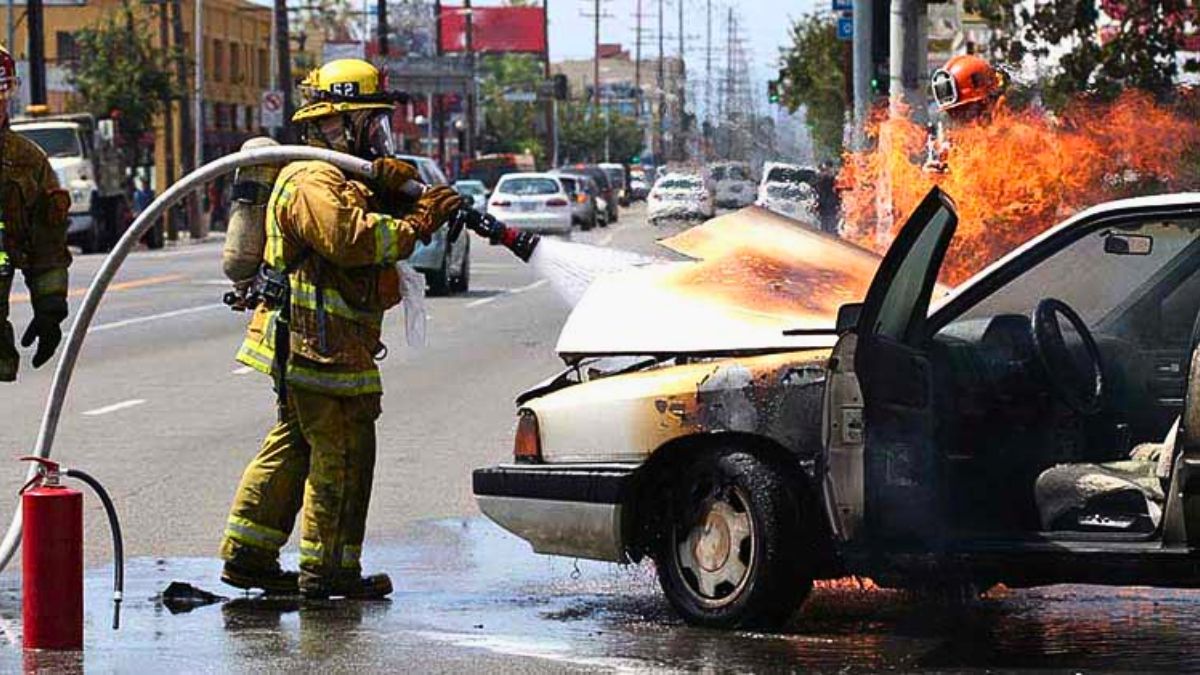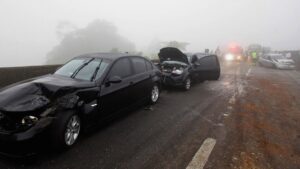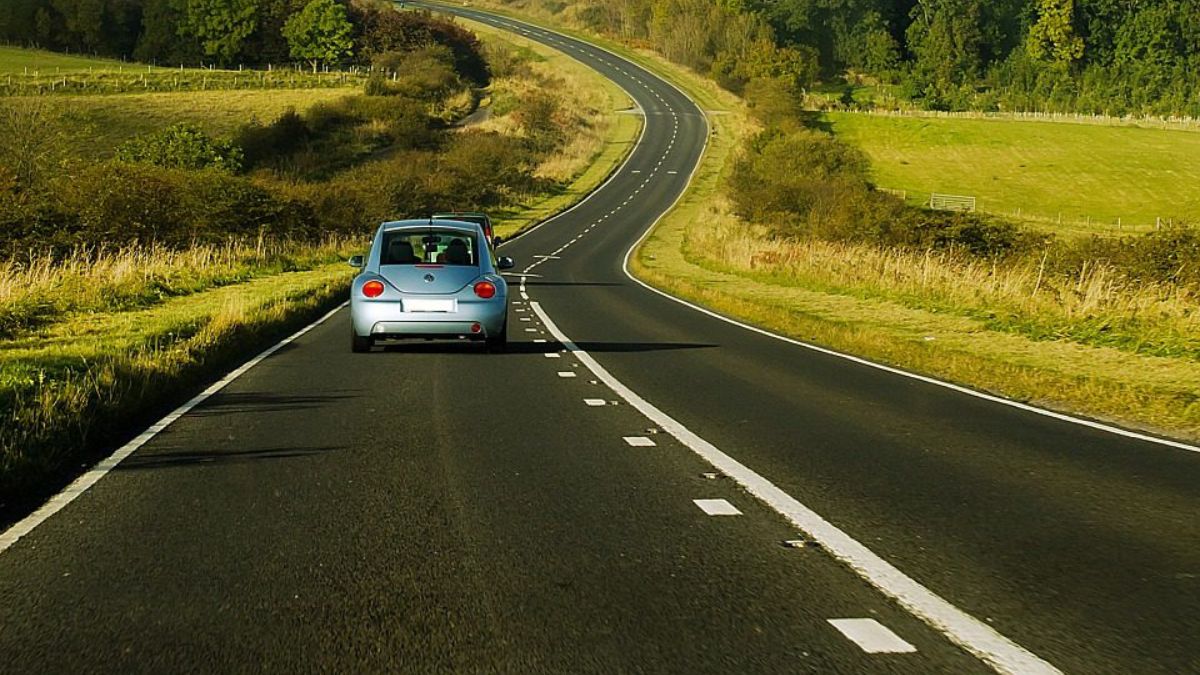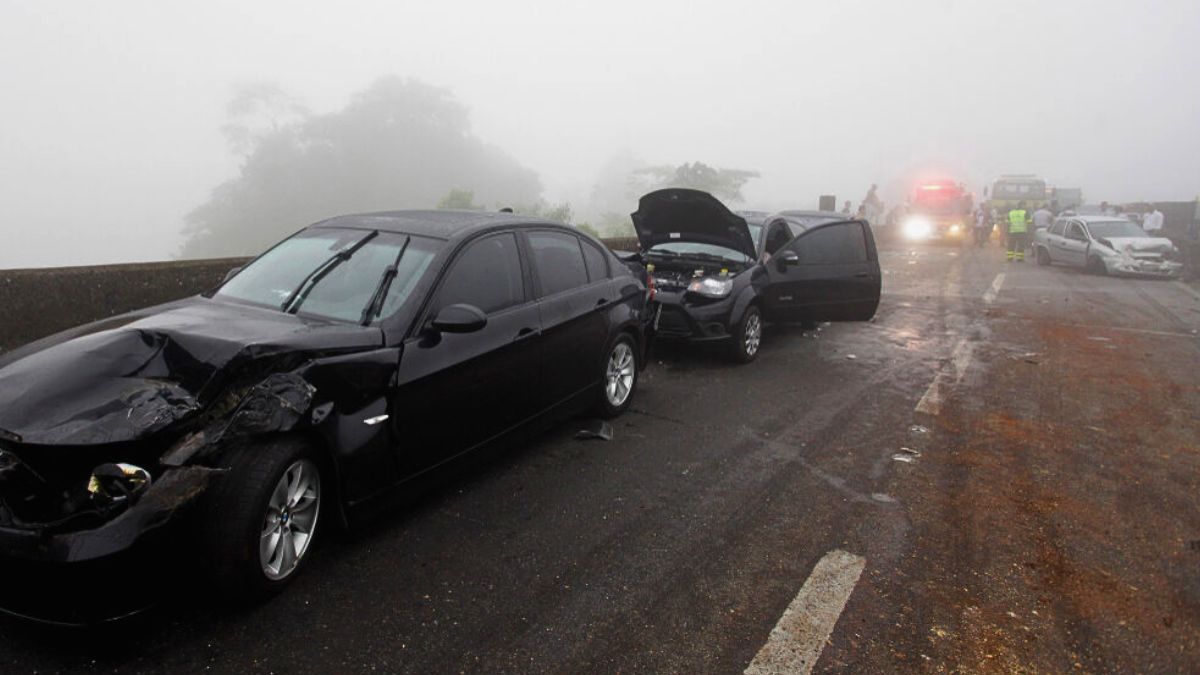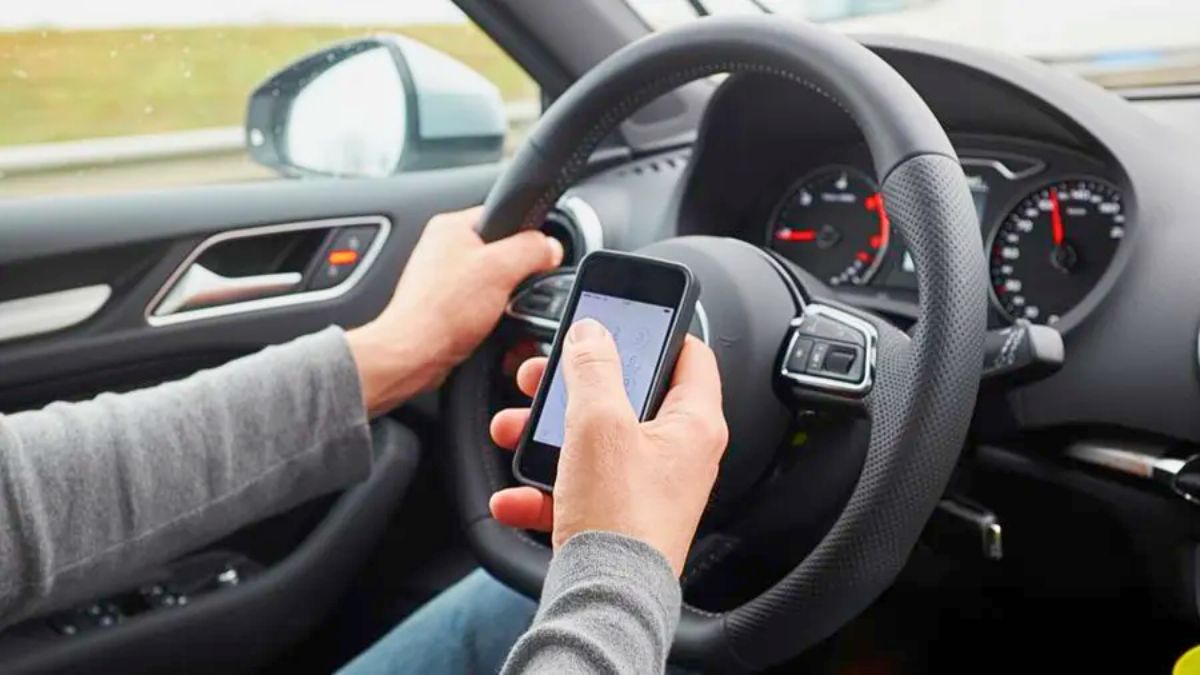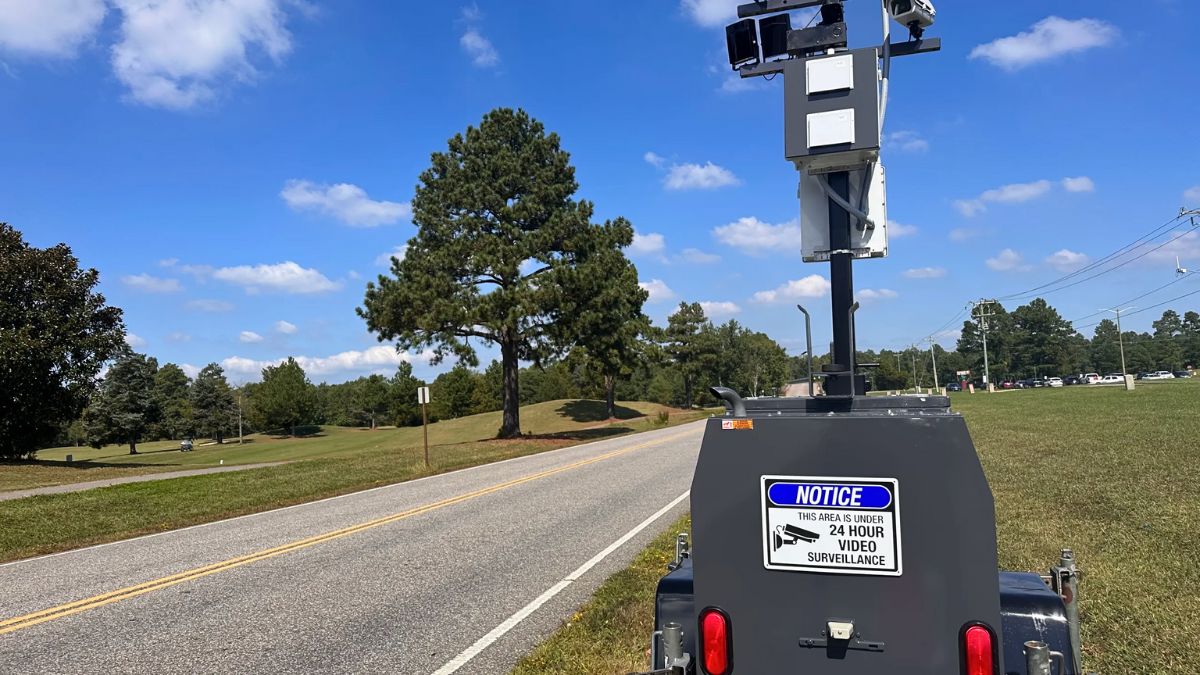It’s every driver’s nightmare — you’re cruising down the highway in Virginia when smoke starts pouring from under your hood. Moments later, flames appear. What now? Knowing what to do if your car catches fire while driving can save your life and possibly others on the road. Let’s break down the steps, warning signs, and Virginia laws you should know.
Warning
Car fires usually don’t erupt out of nowhere. There are warning signs you should watch for:
- Smoke from the engine or vents
- The smell of burning rubber or plastic
- Fuses blowing repeatedly
- Sudden drops in oil or fuel levels
- Unusual engine noises
These symptoms can indicate electrical issues, fluid leaks, or overheating — all common fire starters. Spotting them early could prevent disaster.
Stop
If you suspect your car is on fire, don’t panic — but act fast.
- Signal and pull over to the right shoulder or emergency lane as quickly and safely as possible.
- Turn off the ignition to stop fuel flow.
- Get everyone out of the car immediately.
- Move at least 100 feet away from the vehicle and upwind, in case it explodes.
- Never open the hood, which can let in oxygen and make the fire worse.
Don’t try to be a hero — your life is more important than your car.
Call
Once you’re at a safe distance, call 911 right away. In Virginia, emergency responders are trained to handle vehicle fires safely. Give them your location, describe the situation, and follow any instructions.
Stay on the line until help arrives. They may need more details to locate you, especially if you’re on a rural highway.
Report
After firefighters extinguish the fire, you’ll need to file an incident report. This step is crucial for:
- Insurance claims
- Legal investigations
- Vehicle recalls (if caused by a manufacturer defect)
You can also report the fire to the National Highway Traffic Safety Administration (NHTSA) if you believe it was caused by a faulty part.
Insurance
Good news? Most comprehensive auto insurance policies cover car fires — even accidental ones. Here’s what you’ll need for the claim:
- Police or fire report
- Photos of the damage (if safe to take)
- A copy of your insurance policy
- Vehicle maintenance records
Here’s a quick table for what to expect from your insurer:
| Requirement | Why It’s Needed |
|---|---|
| Fire/police report | Confirms incident and cause |
| Photos | Documents damage for compensation |
| Policy & ID | Verifies coverage and your identity |
| Maintenance history | Proves no negligence on your part |
Always check with your insurance agent about what’s specifically covered and how to file your claim fast.
Prevention
Want to avoid ever facing a car fire? Start with prevention:
- Get regular oil changes and engine checks
- Fix fuel leaks immediately
- Don’t overload your electrical system
- Keep a fire extinguisher rated for car use
- Avoid smoking in the vehicle
Being proactive with maintenance is your best defense.
Having your car catch fire while driving in Virginia is scary, but knowing exactly what to do can make all the difference. React quickly, get to safety, and leave the firefighting to the pros. After that, focus on recovery through proper reporting and insurance follow-up. With the right steps, you’ll get through it — safely and legally.
FAQs
Should I try to put out the fire myself?
No, get away and let professionals handle it.
Does insurance cover car fires?
Yes, if you have comprehensive coverage.
Can I open the hood to check the fire?
No, that can feed oxygen and worsen the fire.
Who do I call during a car fire?
Call 911 immediately from a safe distance.
Is it illegal not to report a car fire?
You must report it for legal and insurance reasons.
